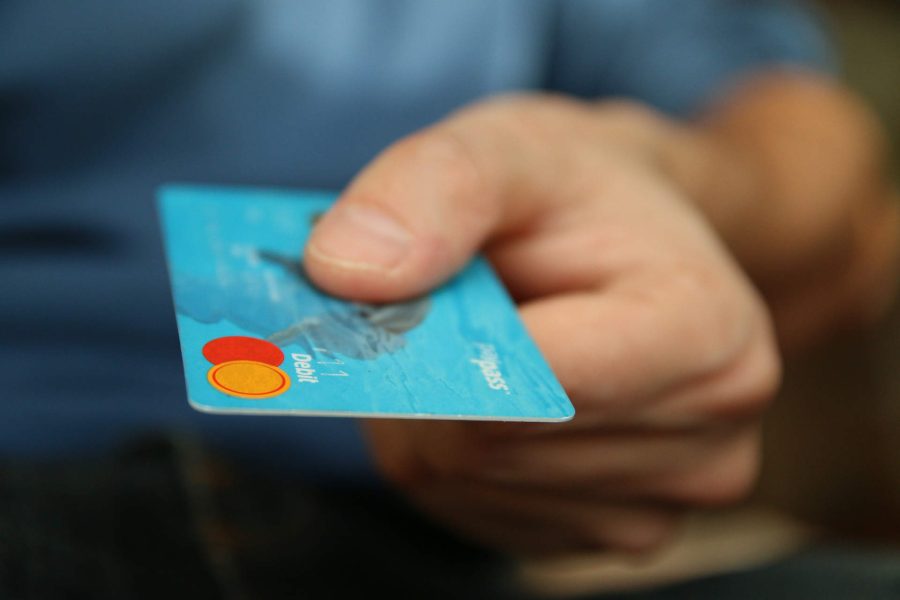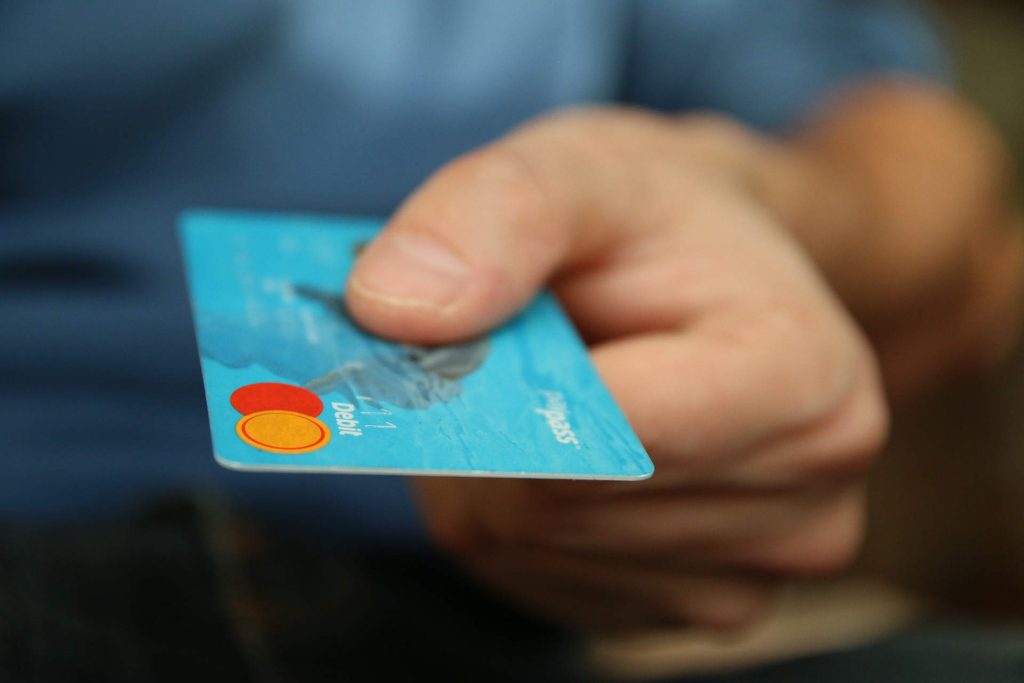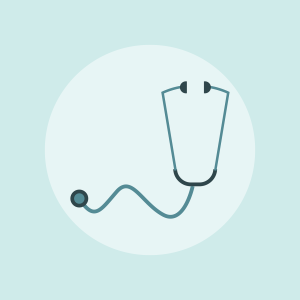Who Pays My Medical Bills After an Indiana Car Accident?
After a car accident, you just want your injuries to heal, your car to get fixed, and your life to get back to normal—preferably without making too big of a dent in your bank account. The accident wasn’t even your fault, so why should you have to foot the bill? Who’s paying the bills while […]

December 30, 2016
After a car accident, you just want your injuries to heal, your car to get fixed, and your life to get back to normal—preferably without making too big of a dent in your bank account. The accident wasn’t even your fault, so why should you have to foot the bill? Who’s paying the bills while you’re trying to get back on your feet?
That’s when that settlement offer from the other driver’s insurance company looks the most tempting. After all, it’s instant money, and it’ll get those bill collectors off of your back. But the settlement offer will likely be far less than you need or deserve.
If you take the money now, you’re ONLY covered for now. You may be able to cover current bills, but you have to imagine what future bills your condition might send your way. You may have to take time off work to recuperate and need something to make up for your lost wages, or you might have long-term conditions that haven’t been diagnosed yet that will require years of treatment. Physical or emotional therapy may be necessary to cope with the trauma your body and mind have gone through.
So you wait. You dig your heels in, you tell the other driver’s insurance company to get lost, and you wait until you have a better grasp of your condition before even entertaining another settlement offer. While you wait and fight and heal, the bills pile up. The question remains: Who is paying for this?
Out of Pocket

If you can afford it, you can pay some of your own medical bills out of pocket. This is better than accepting a small settlement offer because you may be reimbursed later once your fair, larger settlement is finalized.
 Health Insurance
Health Insurance
Initially, your health insurance company might cover some or all of the costs of your treatment. You may receive help from:
- Employer-related health coverage
- Individual health policy
- Medicare
- Medicaid
Liens
The insurance company will honor their obligation and pay for your medical bills now, but since another party’s negligence caused their costs and not you, the company will want to recover the money they’ve paid on your behalf. If you receive a settlement, your health or auto insurance company may get their money back through a lien, a legal claim the company puts on your settlement money to make sure they get reimbursed. Some doctors will treat you on the promise of getting paid later through a lien.
Having a Helpful Attorney
Dealing with another driver’s insurance company, as well as your own car and health insurance, can be a hassle. Working with an attorney can certainly go a long way toward alleviating that stress. Lawyers experienced in handling car accident cases know what works and what doesn’t. What tasks does a personal injury attorney handle on behalf of a client who has been in an accident?
- Communicating with the other driver’s insurance company
- Obtaining necessary evidence of liability (by interviewing witnesses, checking the police report, etc.)
- Organizing medical records and bills
- Communicating with healthcare providers
- Organizing and presenting evidence to prove liability
- Negotiating with health, disability, or workers’ compensation insurers to reduce liens
- Negotiating with adjusters
An attorney can also help you avoid making mistakes such as waiving your right to subrogation. The at-fault driver’s insurance company may try to get you to sign off on a “waiver of subrogation” so your insurance company can’t get reimbursed for money it has paid out to you. If your insurer finds out that you’ve waived subrogation after the accident, they may refuse to pay your claim. Most people don’t know what “subrogation” even means, let alone what they’re agreeing to if they sign a waiver. An attorney would be able to keep you from making such a disastrous mistake.
Once the at-fault party’s insurer makes a settlement offer, your attorney can analyze the offer to see if it’s fair and if it will be enough to cover your costs. If you agree to the settlement, the insurance company is obligated to pay it out in full within a pre-determined period of time, at the risk of incurring interest charges. When the check clears, the attorney will deal with any of your existing liens, which may come from:
- Healthcare providers
- Health insurance companies
- Medicare
- Medicaid
Your personal injury attorney will now keep his or her agreed-upon portion of the money, and will then issue the remainder to you via check. Your liens and attorney fees have been taken care of before the money even reaches you. Now you have everything you need to pay any medical bills you originally paid for out of pocket.
Available 24/7
Free Case Review
You won’t pay any fees until we win your case.
It’s easy - you can: